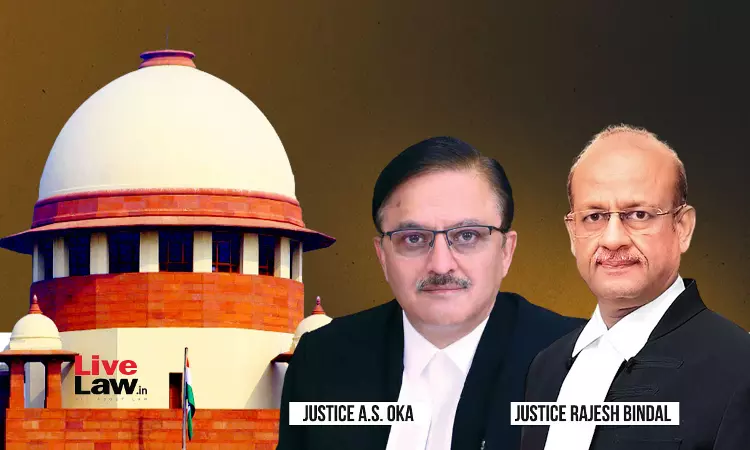Accused Can Be Discharged Only If No Case Is Made Out Even After Presuming Entire Prosecution Evidence To Be True : Supreme Court
Udit Singh
25 May 2023 11:49 AM IST

“Truthfulness, sufficiency and acceptability of the material produced can be done only at the stage of trial"
Next Story


